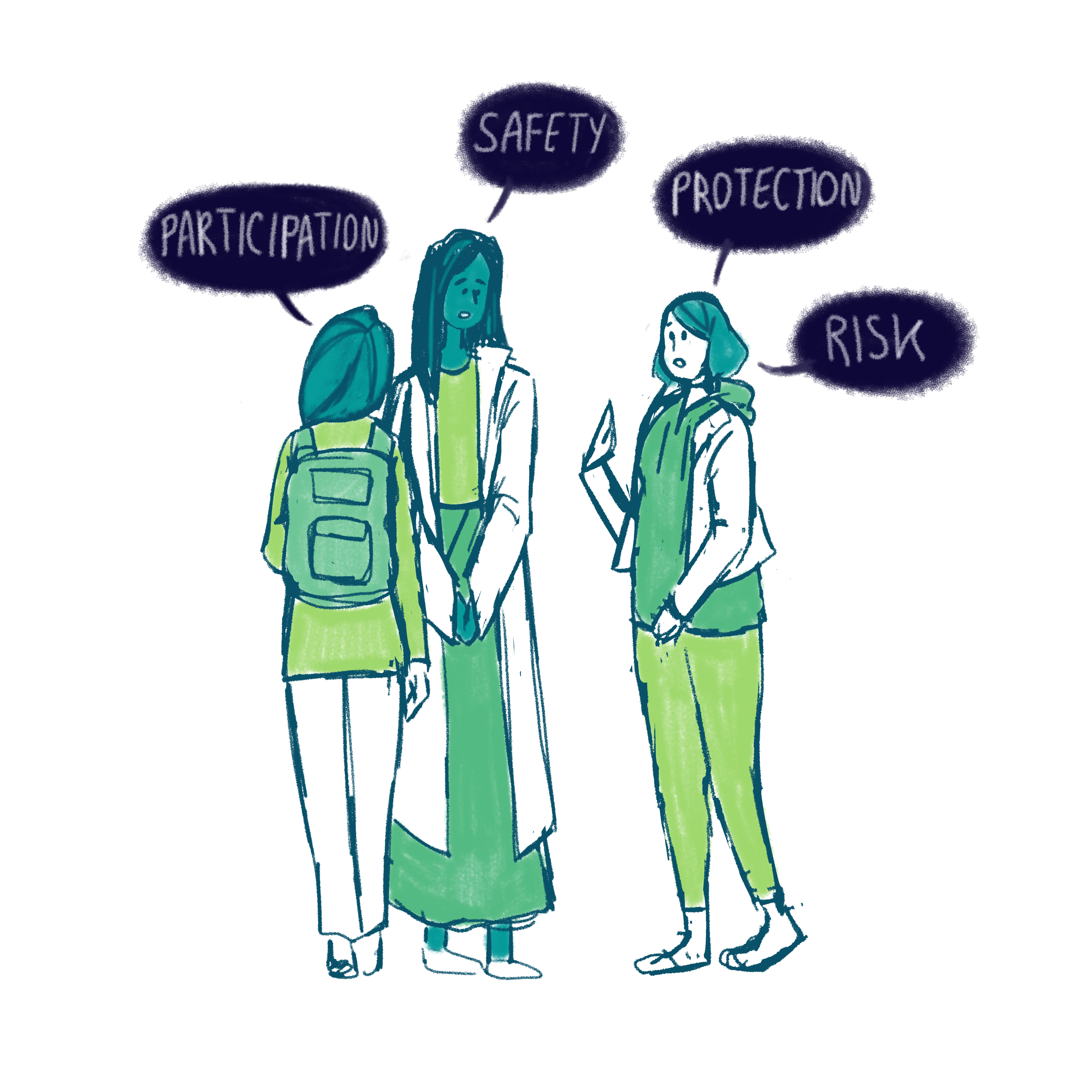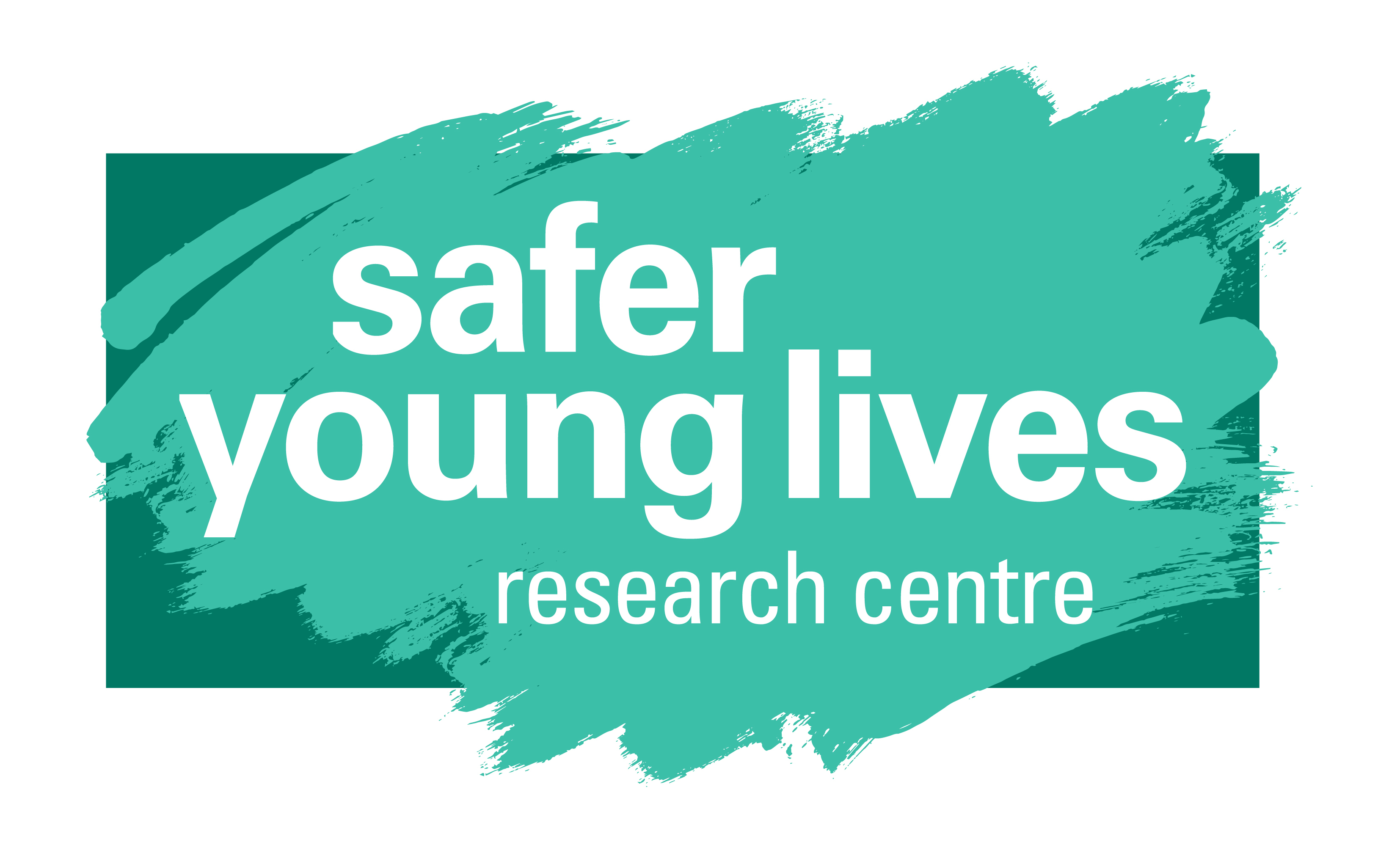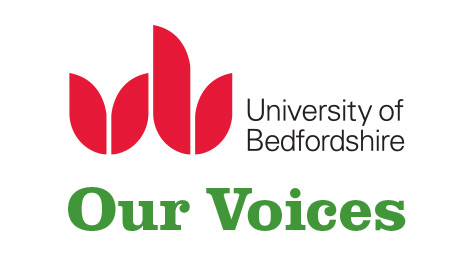Blog - Involving experts by experience in the Delphi study

Involving service-users or ‘experts by experience’ in Delphi studies is something that is relatively new. Traditionally, expert panels have included professionals with specific expertise, knowledge and experience in the field under investigation. This often includes academics, senior practitioners, technical advisors and policy makers. However, a handful of studies have curated expert panels that include ‘non-traditional experts’, children, young people, parents and service-users impacted by the research topic under investigation[i]. From these experiences, researchers have underscored a number of aspects to consider in the design and set up of the study. These predominantly revolve around the use of language, noting that technical language and the questionnaire statements developed may be hard to understand, inappropriate and unfamiliar. Whilst these are important points, we wanted to explore other things we might need to consider when introducing the study to those with lived experience of CSA/E specifically - both adults and young people - and the level of support that should be in place.
Four YRAP members took part in this second consultation session to share their ideas about this (see our earlier blog reporting on the first consultation session exploring 'who' is significant to young people).
What do we need to consider when recruiting experts by experience?
YRAP members identified a number of ethical considerations that would apply to all research studies, this included the importance of:
- Ensuring participation was voluntary and that individuals know they can withdraw at any time
- Providing clear information on the study so that individuals can make an informed choice as to whether to contribute
- Having details of a named contact doing the research to allow them to follow up
- Ensuring participants have a copy of the information and consent forms
- Having information about support that can be accessed if required
- Being clear about privacy and confidentiality.
In thinking about what information would be helpful for potential participants to have before engaging in the study, one of the group highlighted the importance of participants understanding the breadth of experience on the panel. This member noted that it is important for individuals to understand that there will be a range of views and opinions captured in the study, and not everyone will agree on what is important. It was noted that participants with lived experience, due to their personal connection to the issue, may be particularly distressed if other participants strongly disagree with their views.
In terms of other considerations that may be required, some YRAP members felt that experts by experience didn’t need ‘special treatment’. It was expressed that individuals with lived experience don’t like being treated differently noting that ‘people will share the level of support they require with you, you just need to understand individual preferences.’
The consensus was that it was important to be open to meeting people’s needs but not being prescriptive or presuming those with lived experience require different information or support than other panel members. One member highlighted how people engage in different ways with materials, so thinking about different formats for presenting information would be helpful to respond to different learning styles and preferences.
Are there other considerations given this study is online and does not involve face-to-face interactions?
Due to the online nature of the study, we also discussed whether there may be additional things to consider. YRAP members felt that it was important that potential participants got the chance to speak with the research team so that they could introduce themselves and the research. It was noted that voice or video calls may be useful in making participants feel more comfortable and that such actions ‘shows you care’
Are there times where it might not be helpful for individuals with lived experience to engage in the study?
In recognising that individuals affected by CSA/E may be impacted in different ways, we asked whether there may be times when it’s not appropriate for a person to engage in a research study like this. YRAP members noted that there may be certain scenarios where this may be the case, for example if an individual is currently involved in criminal justice processes relating to their experience of CSA/E. This also led into discussions about ‘readiness’ and the process of ‘assessing readiness’ for taking part in a research study. Some YRAP members felt that researchers were not really able to assess this noting that every individual was different and likely to be impacted in different ways.
‘That’s not your right, you can’t asses that for them’.
They felt that it was important that participants had a support system in place including access to professional support – and that the researchers were aware of this.
What prior experiences may help experts with lived experience contribute to the study?
YRAP members noted that they would want the study to be inclusive. Some noted that certain knowledge, such as a good understanding of different prevention work and responses to CSA/E may be helpful but should not be a strict criteria for participation given that there would be ‘very few cases with those with lived experience who don’t have some knowledge of the system’. One member noted that in terms of knowledge, you ‘can’t read a book’ and have the same knowledge as someone with direct experience, acknowledging that lived experience gives individuals a unique perspective and different level of knowledge that can’t be learnt.
In addition to what knowledge participants should have, one member also reflected on the fact that experts by experience may not be used to engaging in research processes and may have never taken part in a study. It was noted that taking part in research could be nerve wracking and anxiety provoking and therefore having previous experiences of taking part in similar activities may help potential participants feel better prepared.
Should potential participants represent themselves or represent a larger constituency of young people with lived experience?
One of the questions we wanted to explore was whether it was helpful for participants with lived experience to have met/worked with others with similar experiences so that they could draw on both their own personal experiences, as well as those of a wider group. However, YRAP members felt that this was not necessary and in fact in some cases may not be appropriate.
A number of reasons were provided for why it may not be appropriate to try and represent others’ views. One member said that she believed that people with lived experience, ‘don’t want to hear about others’ experiences, it’s triggering’. Another member felt that it wasn’t a good idea, noting that from his perspective experts by experience who are very passionate may wrongly believe their experiences and views are the same as others with similar experiences. There was therefore a need to be cautious as ‘representatives’ could easily misrepresent and think everyone thinks the same way - ‘you can’t speak on behalf of others…. you can’t speak to their experiences, that’s when things get misrepresented’.
What does this mean for the Delphi study?
Our consultations with YRAP helped us by providing practical advice on what we need to include in our information packs for potential participants and useful suggestions about different ways to engage and communicate. The consultations emphasised the importance of being flexible to different preferences and needs.
YRAP members felt that opportunities for experts with lived experience to engage should not be based on previous engagement in research studies or participatory projects, although it was recognised that such experience may help potential participants feel more confident and comfortable. From the research teams’ perspective, it may be more practical, and ethical, to invite individuals with lived experience who are already connected to projects and organisations and therefore have existing support in place. For example, those sitting on research advisory boards or involved in peer support projects or participation groups. Going forward we will continue to discuss our plans with YRAP and ensure we gain their valuable insights and advice when developing our plans, information packs and research tools.
[i] Howarth, E. et al. (2019) 'Delphi study to identify key features of community-based child and adolescent mental health services in the East of England', BMJ Open. doi:10.1136/bmjopen-2018-022936;
Jorm, A. F. (2015) 'Using the Delphi expert consensus method in mental health research', Australian and New Zealand Journal of Psychiatry, (49), pp. 887–97;
Benninger, E. and Savahl, S. (2017) ‘The Children’s Delphi: considerations for developing a programme for promoting children’s self-concept and well-being’, Child & Family Social Work, 22(2), pp. 1094–1103. doi: 10.1111/cfs.12329;
Neale, J. et al. (2015) ‘“You’re all going to hate the word ‘recovery’ by the end of this”: Service users’ views of measuring addiction recovery’, Drugs: Education, Prevention & Policy, 22(1), pp. 26–34;
Quayle, E. and Cariola, L. (2019) 'Management of non-consensually shared youth-produced sexual images: A Delphi study with adolescents as experts', Child Abuse & Neglect. doi: 10.1016/j.chiabu.2019.104064.






